Why the 9/11 Conspiracy Theories Resonate
I (TD managing editor Blair Golson) have studiously avoided blogging about "The U.S. government planned 9/11" conspiracy theories because, frankly, they're crap they strain credulity; no government it seems unlikely to the extreme that the government could keep a secret like that from leaking* (see editor's note on the jump). But Time magazine has a good explanation of why 36% of people polled lend credence to these claims: We need grand theories to make sense of grand events, or the world just seems too random.I have studiously avoided blogging about “The U.S. government planned 9/11” conspiracy theories because, frankly, they strain credulity*; it seems unlikely to the extreme that the government could keep a secret like that from leaking. But Time magazine has a good explanation of why 36% of people polled lend credence to these claims: We need grand theories to make sense of grand events, or the world just seems too random.
*Editor’s note: I originally had written “…frankly, they’re crap; no government could keep a secret like that from leaking.” But as anything is theoretically possible, I decided to soften my statement.
Your support matters…Time:
… There are psychological explanations for why conspiracy theories are so seductive. Academics who study them argue that they meet a basic human need: to have the magnitude of any given effect be balanced by the magnitude of the cause behind it. A world in which tiny causes can have huge consequences feels scary and unreliable. Therefore a grand disaster like Sept. 11 needs a grand conspiracy behind it. “We tend to associate major events–a President or princess dying–with major causes,” says Patrick Leman, a lecturer in psychology at Royal Holloway University of London, who has conducted studies on conspiracy belief. “If we think big events like a President being assassinated can happen at the hands of a minor individual, that points to the unpredictability and randomness of life and unsettles us.” In that sense, the idea that there is a malevolent controlling force orchestrating global events is, in a perverse way, comforting.
Independent journalism is under threat and overshadowed by heavily funded mainstream media.
You can help level the playing field. Become a member.
Your tax-deductible contribution keeps us digging beneath the headlines to give you thought-provoking, investigative reporting and analysis that unearths what's really happening- without compromise.
Give today to support our courageous, independent journalists.
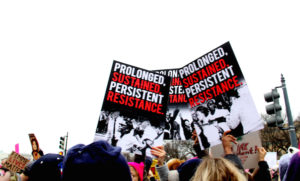
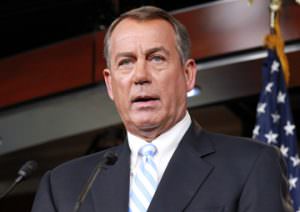
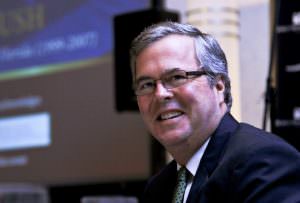

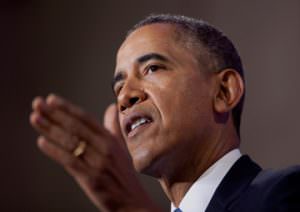
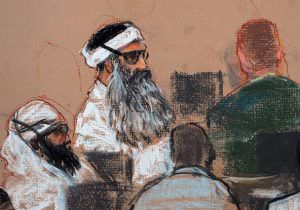
You need to be a supporter to comment.
There are currently no responses to this article.
Be the first to respond.